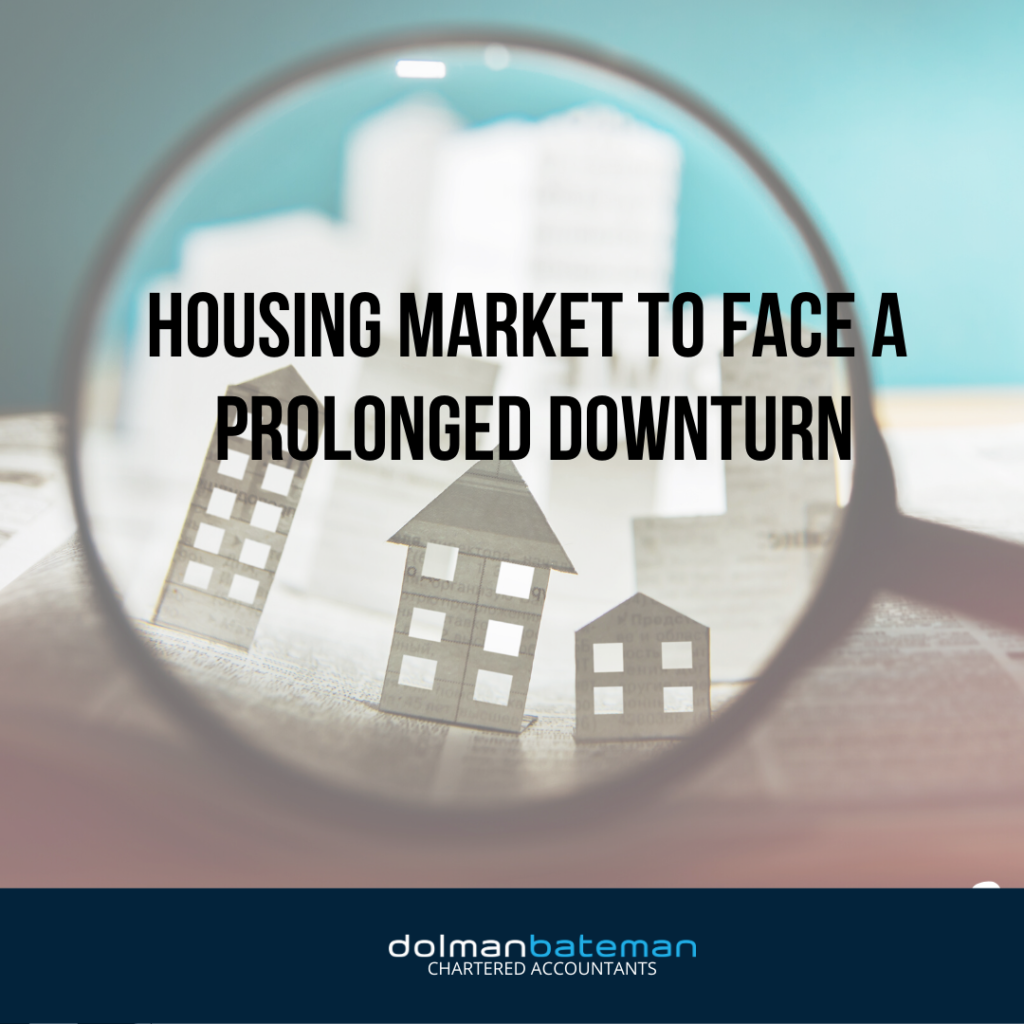Australian housing market to face a prolonged downturn
- Arnold Shields

- May 27, 2020
- 3 min read
Updated: May 20, 2025
A recent housing market analysis released by ANZ paints a sobering picture for Australia’s property sector in the wake of the COVID-19 pandemic. The forecast suggests a significant, albeit temporary, fall in both property prices and construction activity across the country.
Home Values Set to Drop
ANZ expects home values in Australia's capital cities to experience an average peak-to-trough decline of 10% throughout 2020 and into early 2021. Hobart is projected to record the steepest drop at 11.2%, followed by Melbourne (9.5%) and Sydney (8.1%). Brisbane (4.6%), Darwin (4.2%), Adelaide (3.7%), Canberra (3.2%) and Perth (0.2%) are also expected to see contractions in property values.
While a modest recovery is expected towards the latter part of 2021, the overall impact on homeowners, investors and developers will be significant.
Income Loss and Uncertainty
The key driver behind this anticipated downturn is a sharp reduction in household income. According to recent data, nearly one in three Australian households has experienced financial deterioration as a direct result of the pandemic.
This drop in income is creating widespread uncertainty and reluctance among potential buyers and builders, with many Australians unwilling to make major financial commitments under current conditions.
Although current loan deferral policies are temporarily softening the blow, ANZ warns that as these supports expire, the risk of forced sales and steeper market corrections will increase.
Immigration Slowdown Hits Demand
Another critical factor weighing on the market is the steep decline in overseas migration due to international border closures. Migration is typically responsible for almost two-thirds of Australia’s population growth, around 240,000 people per year. However, this figure is expected to fall by more than 85% in 2020–2021.
Sydney and Melbourne, Australia’s two largest immigration hubs, are expected to be hit hardest. In 2019, Sydney saw an increase of 87,000 people, 85% of whom were overseas migrants, while Melbourne grew by 113,000, with 68% coming from overseas.
With this influx now dramatically curtailed, demand for housing, particularly in inner-city areas, is expected to decline sharply.
Rental Market Oversupply
The rental market is already showing signs of strain, with a noticeable increase in listings, particularly in inner Melbourne. The rise in vacancies and falling rents are making the market less attractive to investors, exacerbating the oversupply and putting further downward pressure on property prices.
This weakening investor confidence will also contribute to a decline in residential construction, which is already 12% down from its 2018 peak.
What Does This Mean for Homeowners and Investors?
While these forecasts may seem grim, understanding the drivers behind the downturn is key to planning ahead. The COVID-19 pandemic has introduced temporary shocks to the market. As Australia gradually recovers, particularly with the return of migration and normalisation of household incomes, long-term fundamentals may support a return to growth.
For homeowners, it’s essential to assess your financial position and avoid panic-driven decisions. For investors and developers, now may be a time to prepare, not retreat, by reviewing opportunities that may emerge from a market correction.
At Dolman Bateman, we help clients navigate economic uncertainty through expert financial and property advice. If you're unsure about your position in the property market or need tailored investment strategies, reach out to our team.
Disclaimer:
The information provided in this article is general in nature and does not constitute personal financial, legal or tax advice. While every effort has been made to ensure the accuracy of this content at the time of publication, tax laws and regulations may change, and individual circumstances vary. Dolman Bateman accepts no responsibility or liability for any loss or damage incurred as a result of acting on or relying upon any of the information contained herein. You should seek professional advice tailored to your specific situation before making any financial or tax decision.



